DNVN - Regarding the proposal to reduce tax by 15% for enterprises with revenue of 3 billion VND under the draft Law on Corporate Income Tax (amended), National Assembly deputies said that this tax rate is too low compared to the business practices of many micro-enterprises, making it difficult to bring about practical efficiency.
On the morning of November 28, under the chairmanship of National Assembly Chairman Tran Thanh Man , the National Assembly discussed in the hall the draft Law on Corporate Income Tax (amended).
Delegate Nguyen Van Than ( Thai Binh delegation), Chairman of the Vietnam Association of Small and Medium Enterprises (VINASME) highly appreciated the National Assembly's inclusion of the Law on Corporate Income Tax (amended) in the agenda, especially in the context of Vietnam's economy deeply integrating with the world economy.
Mr. Than emphasized that small and medium enterprises currently account for about 97% of the total of nearly 1 million enterprises nationwide, so new tax policies will have a big impact on this group of enterprises.
Regarding the proposal to reduce tax by 15% for businesses with revenue of 3 billion VND, the Chairman of VINASME assessed that this policy is unlikely to bring practical results. "If calculated, the daily revenue of businesses is only about less than 10 million VND, equivalent to the level of individual business households," he explained.
Accordingly, the Thai Binh delegation proposed that instead of applying a 15% tax rate that requires settlement and handling of many complicated costs, it is better to switch to a lump-sum tax mechanism with a fixed monthly or annual collection rate. This will help reduce the burden of accounting procedures and tax reporting for businesses, while encouraging individual business households to convert to enterprise models.
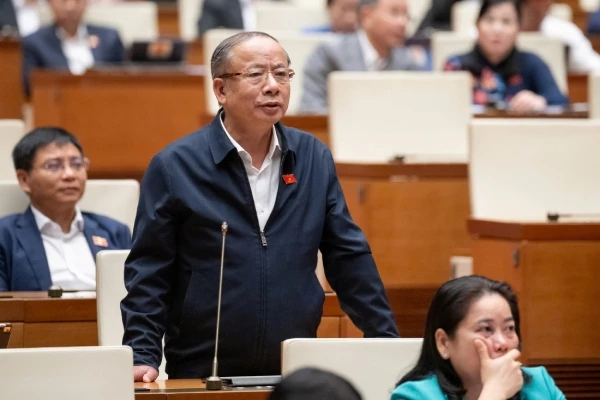
Delegate Nguyen Van Than (Thai Binh delegation), Chairman of Vietnam Association of Small and Medium Enterprises (VINASME).
"A simple and transparent tax mechanism will create great motivation for small and medium-sized enterprises to develop," delegate Than emphasized.
Analyzing this issue further, delegate Thach Phuoc Binh (Tra Vinh delegation) said that the threshold of 3 billion VND for the 15% tax rate is too low compared to the business reality of many micro-enterprises, especially in the service sector or high-cost industries. This limits the number of eligible enterprises. In addition, the difference of only 2% in tax rates between the two revenue thresholds of 3 billion and 50 billion VND creates a sense of inequality between enterprises of different sizes.
Using only the revenue criterion is not enough, because labor, registered capital or total assets are also important factors that need to be considered when classifying enterprises. At the same time, there is a risk of circumventing the law. Because some enterprises may split their revenue or perform transfer pricing tricks to enjoy lower tax rates, reducing the effectiveness of tax management and causing budget losses.
In addition, applying preferential tax rates to small and micro enterprises can reduce revenue, especially when this group of enterprises accounts for a large number in the economy. Enterprises with revenue close to the threshold of 3 billion or 50 billion VND may deliberately limit their scale to avoid paying higher taxes, affecting long-term development.

Delegate Thach Phuoc Binh (Tra Vinh delegation).
To overcome these limitations, delegate Thach Phuoc Binh proposed increasing the revenue threshold for applying the 15% tax rate from 3 billion to 5 billion VND, and the 17% threshold from 50 billion to 70 billion VND, to better suit the actual operations of micro and small enterprises.
Add criteria such as number of employees, registered capital or total assets when classifying enterprises, instead of relying only on revenue. Implement technical measures to prevent enterprises from circumventing the law, such as through inspection and supervision by tax authorities.
Apply a roadmap to gradually increase tax rates as businesses exceed revenue thresholds, for example from 15% to 16% or from 17% to 18%, to avoid great pressure when businesses expand in scale. Provide separate preferential lower tax rates for small businesses in priority areas such as agricultural technology or renewable energy, to promote innovation and sustainable development.
According to Mr. Binh, these adjustments not only help policies become fairer and more effective but also create conditions for small and micro enterprises to develop sustainably, contributing to promoting economic growth and job creation.
Also referring to the above tax rate, delegate Nguyen Tam Hung (Ba Ria - Vung Tau delegation) suggested that the Drafting Committee consider raising the revenue threshold to 5 billion VND to suit the current reality, when production and business costs are increasing. At the same time, it is recommended to add criteria for applying a 17% tax rate to newly established enterprises within the first 3 years, in order to support start-ups and reduce financial pressure on enterprises.
Moonlight
Source: https://doanhnghiepvn.vn/kinh-te/chinh-sach/giam-thue-15-voi-nguong-doanh-thu-3-ty-dong-kho-mang-lai-hieu-qua-thuc-te/20241128045347868












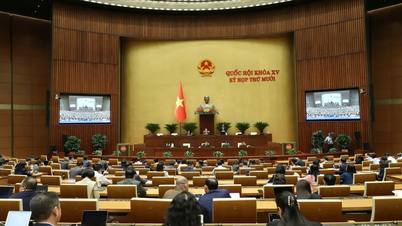



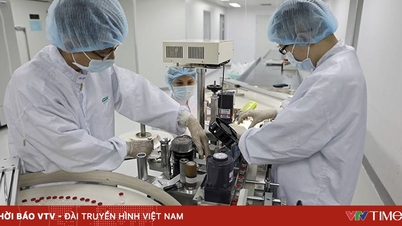

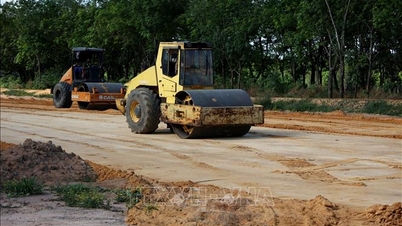

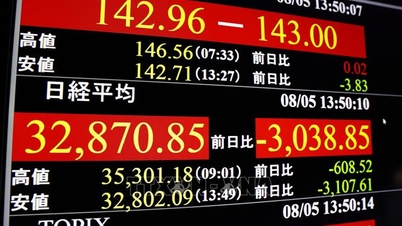
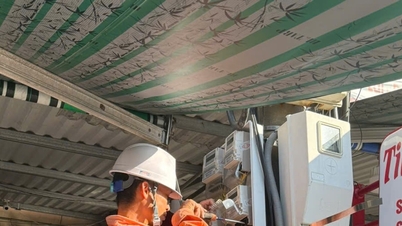




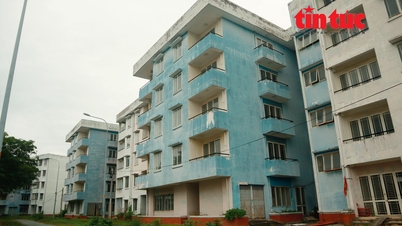
















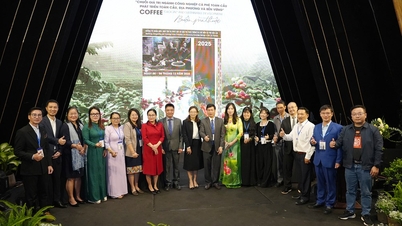
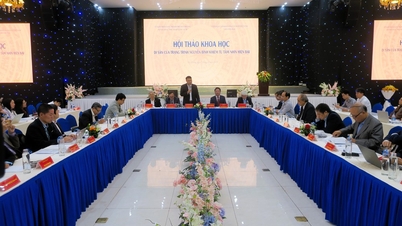









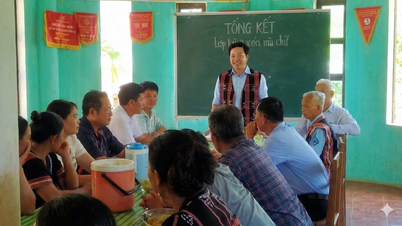







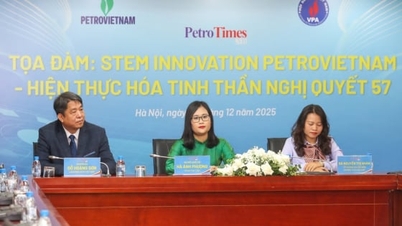


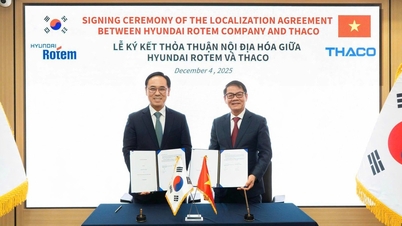



























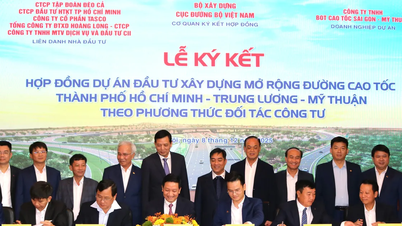
























Comment (0)